The Nowarski lab studies what makes or breaks tissue inflammation with a focus on cytokine signaling, immunometabolism and innate immune memory.
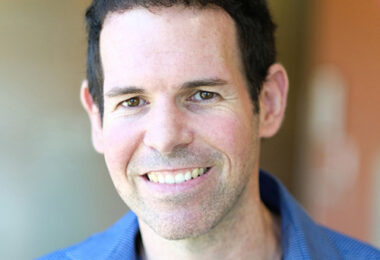

The Nowarski lab studies what makes or breaks tissue inflammation with a focus on cytokine signaling, immunometabolism and innate immune memory.
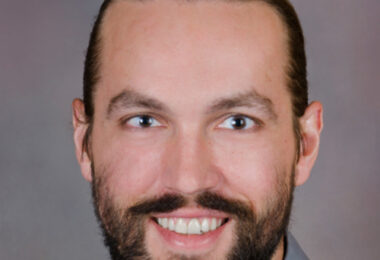
The Nice lab studies the biology of the intestinal innate immune cells and cytokines—how they promote intestinal health and resistance to infection. They seek to understand how immune pathways function and become dysfunctional in disease states.
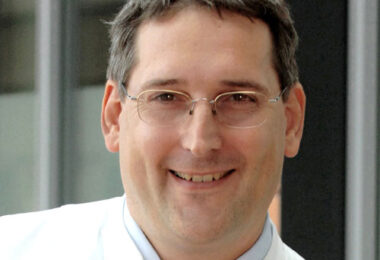
Dr. Neurath studies the immunologic and molecular mechanisms in the pathogenesis of Inflammatory Bowel Disease and gastrointestinal cancer to create new therapeutic options for patients.
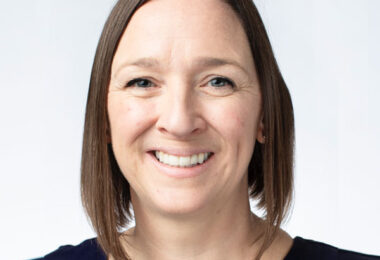
The Lynch lab focuses primarily on the human microbiota in both respiratory and gastrointestinal tracts, environmental microbial exposures that shape its development and its role in chronic inflammatory diseases.
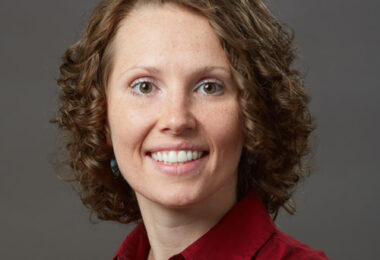
The Lucas lab strives to discover mechanisms of disease driving rare immune disorders, focusing on the genetic, cellular and biochemical underpinnings that can illuminate fundamental biology and broadly inform diagnoses and treatments.

Dr. Lightner specializes in colon and rectal surgery. She is advancing research on regenerative cellular and acellular based therapeutic approaches to offer her Inflammatory Bowel Disease patients non-surgical alternatives.
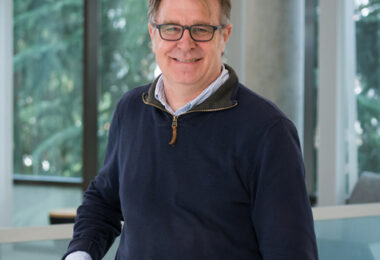
The Lacy-Hulbert lab works to understand how different aspects of the immune system cooperate to identify and combat potentially infectious organisms while preventing immune attack against innocuous microbes or the body’s own self.
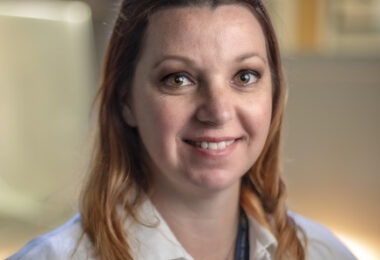
The Koch lab studies maternal-fetal interactions, focusing on immunity, metabolism and the microbiota. They are working to identify novel pathways through which maternal-offspring interactions regulate neonatal health.
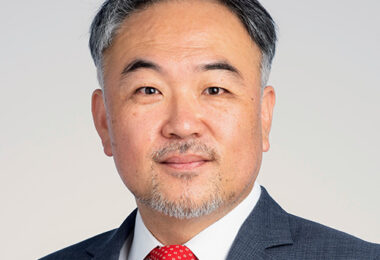
The Kim lab emulates host-microbiome interactions that orchestrate intestinal homeostasis and disease development. They develop “Personalized Disease-on-a-Chip” models by integrating patient-derived organoids, microbiomes and immune cells.
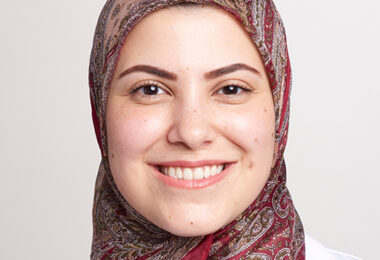
Dr. Kayal specializes in the care of patients with gastrointestinal illnesses with a focus on ulcerative colitis and Crohn’s disease. Her current research interests include prediction and risk stratification in ulcerative colitis patients who need surgery.